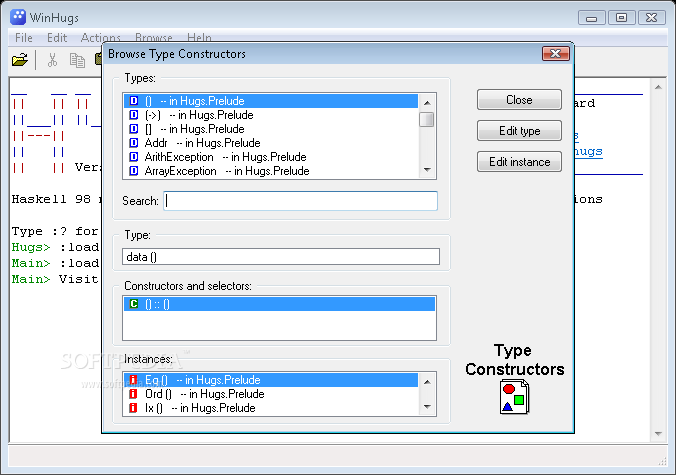

IME as a Java programmer usually other Java programmers don't understand these issues and just follow expert advice as commandments. on these "language for the masses" that make them don't be simple. I can point to many articles, papers, anedocts, etc. Let's take a look at Java: we have issues with synchronized keyword, proper implementation of equals and hashCode, many library warts, final, finally, exceptions, the subtle issues created by the language and VM specs, etc. For example trying to come up with a correct copy constructor in C++ is really tricky (or so C++ programmers tell me), after all we have to deal with memory management, exceptions, identity, equality, object slicing, etc., and these issues aren't simple. I don't think that the languages used by these programmers are simple to understand, or that they understand them. But when he does, *ouch*.Ĭertainly when for practical languages a design requirement might be that 80% of all programmers employed by the BigCos have to understand it. It's generally not a problem-he doesn't seem to make the mistake of talking about ML/Haskell/etc. But this has all come at the cost of anything like an accurate understanding of the alternatives. He wouldn't be the first person to specialize heavily in a particular subject (not just the Lisp family, but specifically Common Lisp), accurately identify its strong points (first-class functions and metalinguistic abstraction via macros), and decide that he was going to exploit them for all they're worth, giving a tremendous amount back to the community in the process (his books are priceless). Now, having said all of this, I've read a number of Paul Graham's comments on statically-typed languages on the LL1 list, and I do have to conclude that he's one of the most ignorant DL apologists I've ever read. He explicitly acknowledges that "Python paradox" isn't a very good name, and the phenomenon he describes is parametrically polymorphic: if the big job-requirement language were to evolve to be Python, then the language to learn, according to Graham, would be anything-but-Python, and his argument doesn't change at all. And for programmers the paradox is even more pronounced: the language to learn, if you want to get a good job, is a language that people don't learn merely to get a job.

#Hugs 98 iomonad.c software#
Hence what, for lack of a better name, I'll call the Python paradox: if a company chooses to write its software in a comparatively esoteric language, they'll be able to hire better programmers, because they'll attract only those who cared enough to learn it. It's true that Paul Graham's chosen examples are dynamic languages, but what he actually says is:


 0 kommentar(er)
0 kommentar(er)
